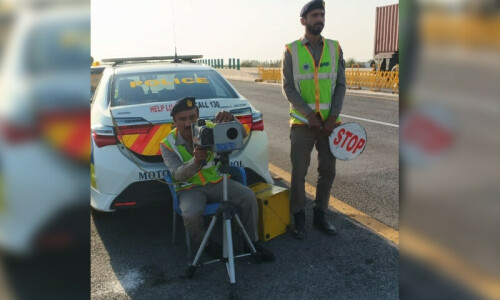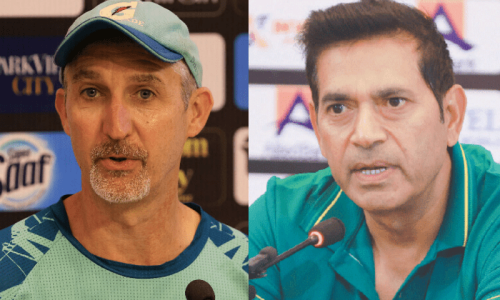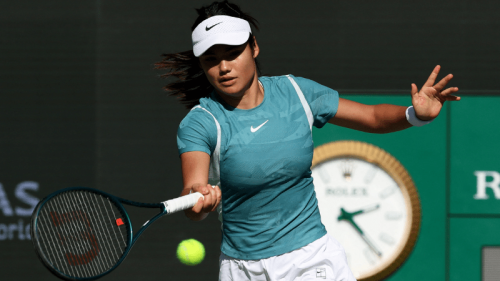ISLAMABAD, July 18: The National Institute of Health (NIH) imported substandard and unregistered vaccines and syringes for its Expanded Programme on Immunisation (EPI) from July 2005-09, evading Rs882 million in taxes by giving an impression that it was assisted and sponsored by the UN, Dawn has learnt.
A 30-page report probing tax evasion prepared by a federal agency, available with Dawn, also blames the United Nations Children's Fund (Unicef), saying it rendered services for the programme like a “trading house” and pocketed windfall profits through “commercial transactions”.
Imported from India and Australia from 2005 to 2009, the value of vaccines for measles and tetanus was Rs3.25 billion.
The report said as no exemption was granted to NIH by the customs, the research institute-cum-hospital availed it by giving impression that the goods were UN imports (by Unicef-Pakistan).
Instead the Foreign Office issued exemption certificates in favour of the Unicef under the diplomatic and privileged cargo. But the report said the Ministry of Foreign Affairs has no authority to grant exemption from customs duties as it can only be granted by Customs Pakistan.
The document adds that the Unicef-Pakistan was not a consigner and the vaccine was delivered to NIH, maintaining that the import was not entitled to exemption available under the United Nations (Privileges and Immunities) Act 1948.
The report reveals that a senior official of the EPI wing signed MoU for procurement services with a representative of Unicef-Pakistan, agreeing to “work together to develop and facilitate the implementation of programme designed to assist children and women in Pakistan”.
But the MoU, according to the document, was not signed by a federal authority – federal secretary.
Moreover it was not approved by the Economics Affairs Division.
Under the Public Procurement Regulatory Rules 2004, the procurement of vaccines was to be made through open tendering and payment was to be made after due verification of quality and quantity of vaccine. But in this case Unicef was given the contract without open tendering, it said.
Saying that the Unicef did not provide funds or aid for the immunisation programme, the report said: “by no definition it was a UN sponsored or a UN project” as it did not agree to act as “consignee or importer”.
The document highlights that Unicef did not offer cooperation free of charges, adding that rather the agency demanded and subsequently charged “millions of dollars on account of services charges”.
The contract was clandestinely given to Unicef for supply of “substandard, unregistered and unapproved vaccines,” according to the report. It said the vaccines for measles and tetanus, procured from India and Australia, also had less shelf life.
It also quotes a health ministry report saying that the aspect of quality assurance was missing in the procurement.
It said Unicef in its contract with EPI official “showed inability to provide warranty” and refused to own “liability as to freedom from fault of infringement, quality, suitability or usefulness of any supplies…”
Commenting on the replies given by the EPI and NIH, the report said they were “unnecessary and irrelevant details in order to divert attention from actual charges.”
The document called on the “concerned institutions” to submit taxes and duties to Customs Pakistan.














































